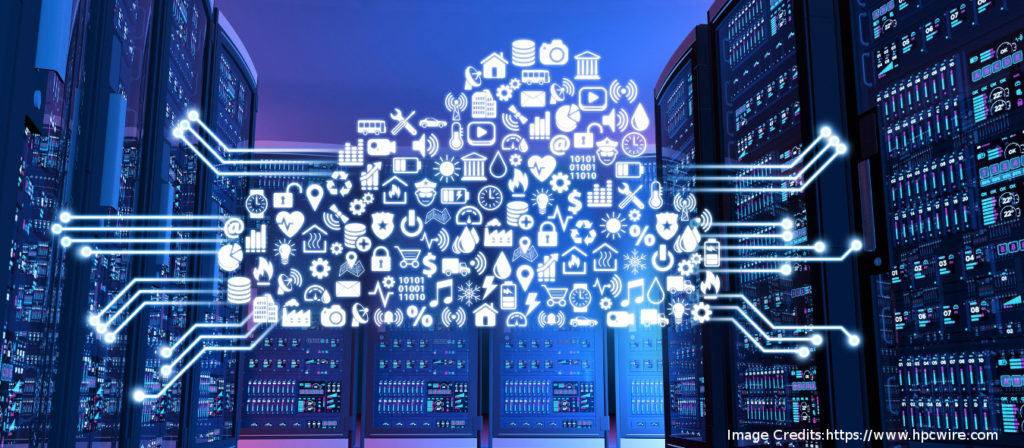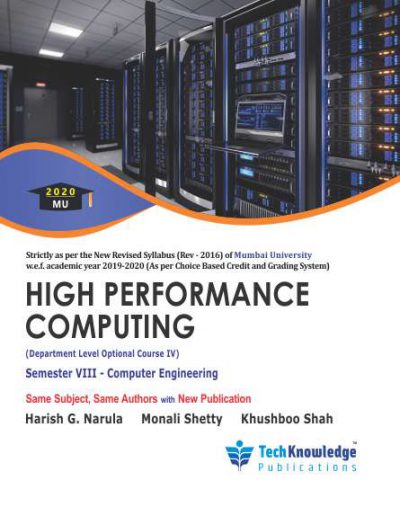High Performance Computing (HPC) has become a critical tool in today's world. The technology is used to process large amounts of data quickly, enabling researchers and businesses alike to make more informed decisions in a shorter amount of time.
What is High Performance Computing?
High Performance Computing (HPC) refers to the use of multiple processors or nodes to perform computation-intensive tasks. These tasks typically require a considerable amount of memory, processing power, and storage- in many cases, more than what a single computer can handle.
The Benefits of High Performance Computing
High Performance Computing has many benefits. One of the most significant benefits is that it allows for the processing of large amounts of data in a shorter amount of time. This, in turn, leads to quicker insights and improved decision-making capabilities. HPC can also be used to simulate complex systems and test new products, which can lead to cost savings and improved efficiencies.
How High Performance Computing is Used
High Performance Computing is used in a wide variety of industries, including:
- Weather modeling and simulations
- Energy exploration and production
- Pharmaceutical research and development
- Financial modeling and simulations
High Performance Computing Intern Career Resources
For those interested in pursuing a career in High Performance Computing, there are many resources available. Internships can be an excellent way to gain experience in the field. The Department of Energy offers an HPC internship program called the Computational Science Graduate Fellowship Program. The program is designed to provide support and training to graduate students pursuing careers in computational science.

When looking for an internship, it's important to choose a reputable organization with a strong focus on HPC. Many universities and research institutions offer HPC programs and internships.
Getting Started with High Performance Computing
If you're new to High Performance Computing, there are a few things you should know:
- High Performance Computing requires specialized hardware and software to work correctly. A traditional desktop computer is not sufficient.
- There are many different types of HPC systems, including clusters, grids, and cloud-based systems.
- There is a significant learning curve associated with HPC. It's important to have a strong foundation in computer science and programming.
Choosing the Right High Performance Computing System
Choosing the right High Performance Computing system can be challenging. Here are some tips to help you get started:
- Consider your computing needs. Are you processing large amounts of data, running simulations, or analyzing complex systems?
- Think about scalability. How much data will you need to process in the future? Will you need to expand your system down the road?
- Look at the total cost of ownership. High Performance Computing systems can be costly, so it's important to consider the cost of maintenance, upgrades, and support.
- Consider the software you'll be using. Make sure the system you choose can support the applications you need.

Finally, it's important to work with a reputable provider when investing in an HPC system. Look for a provider with experience in the industry and a proven track record of success.
Conclusion
High Performance Computing is a critical tool that enables businesses and researchers to process large amounts of data quickly. With the increasingly complex systems being analyzed and simulated, HPC has become an essential component of modern computing. Internships, learning resources, and choosing the right HPC system can help you get started and succeed in the field.
Whether you're pursuing a career in High Performance Computing or looking to implement an HPC system in your business, it's essential to have a strong foundation in the field. By understanding the technology, selecting the right system, and working with a reputable provider, you can take advantage of the many benefits that HPC has to offer.
Remember, HPC is an ever-evolving field. Staying up-to-date with the latest advancements and technologies will help you succeed in the field and take advantage of the many benefits that HPC has to offer.

So, whether you're running simulations, processing large amounts of data, or analyzing complex systems, High Performance Computing can help you make more informed decisions in a shorter amount of time. Good luck!

Disclaimer: We hold no responsibility for everything stated above as the information is based on publicly available data.

For more information, check out the book "High Performance Computing" by Thomas Sterling available at most online book retailers.


